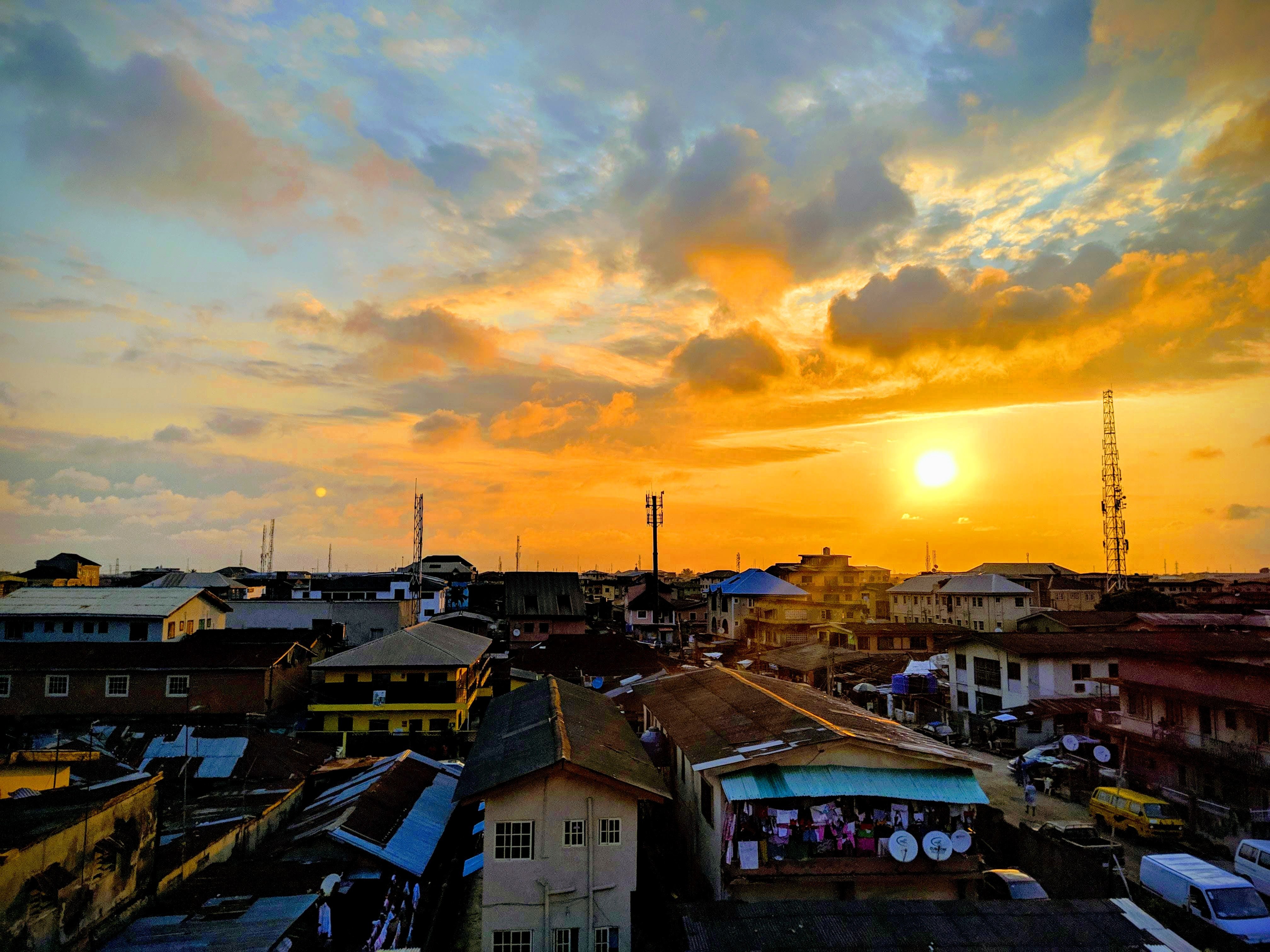
2024 Year Ahead: look for diversified funding sources in Africa
At the close of 2023, we asked our team to take a forward-looking view of what is on the horizon in 2024 – not only reflective of the current investment landscape but also anticipating the trends shaping our world in the months to come. In this piece, Olowo Aminu, Associate Principal in CrossBoundary Advisory's Nigeria practice, gives his thoughts.
At the close of 2023, we asked our team to take a forward-looking view of what is on the horizon in 2024 – not only reflective of the current investment landscape but also anticipating the trends shaping our world in the months to come. In this piece, Olowo Aminu, Associate Principal in CrossBoundary Advisory's Nigeria practice, gives his thoughts.
What important milestones do you anticipate for African markets in 2024?
The investment landscape on the continent is brimming with numerous possibilities for the new year. Some of the landmark events set to happen in 2024, with far-reaching impacts on investment activities in the region, include:
- A $750 million facility approved by the World Bank Group to fund the provision of electricity to 17.5 million Nigerians through renewable energy sources. The facility, Nigeria Distributed Access through Renewable Energy Scale-up (DARES) project, will start operation in 2024 and is expected to attract over $1 billion in private capital. It is the largest distributed energy funding pool by the World Bank in Nigeria
- A $10 billion Adjustment Fund by the Africa Continental Free Trade Area (AfCFTA), set to launch by mid-2024, to address shocks, losses, and disruptions arising from the implementation of the AfCFTA agreement. The fund will also be utilized to mobilize additional commercial funding from investors willing to capitalize on the opportunities created by the AfCFTA
Increased multisector support from Afreximbank especially in the creative and energy sectors to be demonstrated by:
- The launch of a $1 billion fund to support filmmakers on the continent. The fund aims to attract co-financing from international investors and large film studios to bolster the growth of Africa’s creative sector
- The launch of the Africa Energy Bank in June 2024. The bank is being established primarily to attract investment to support the development of the continent’s oil and gas sector
Which type of investors will play the biggest role?
I expect domestic investors to take center stage in Nigeria and across sub-Saharan Africa as soaring interest rates, inflation, exchange rate pressures, and the perception of the region as a risky investment destination continue to deter foreign capital.
However, infrastructural projects, especially renewable energy initiatives, can expect to enjoy some level of Foreign Direct Investment (FDI) with the mobilization of $600 billion through the G7’s Partnership for Global Infrastructure and Investment, as well as increased climate financing activities on the continent.
Which sector do you see having a breakout year?
Solid minerals are a key raw material for the computer processing chips our increasingly digital world is hungry for. The renewable energy sector is also continuing to grow, driven by increasing climate concerns, and therefore needs specific elements for batteries and solar panels.
Solid minerals will gradually become the center of global attention and become the most important commodity market geopolitically. Activity in the sector, especially in sub-Saharan Africa, is projected to experience significant growth as the world seeks to diversify and increase the global supply of rare earth metals and semiconductors.
In the medium to long term, I anticipate a rise in in-country processing of these raw materials as many African countries aspire to establish local value-addition opportunities and create jobs for their populace.

Do you envision an increase or decrease in investment activity in the region in 2024? Why?
In 2024, I anticipate a moderate increase in investment activities in the African region, primarily propelled by infrastructure financing efforts. The G7’s Partnership for Global Infrastructure and Investment will see the West provide Foreign Direct Investment (FDI) for landmark infrastructural projects on the continent. Regional economic integration initiatives, such as the African Continental Free Trade Area Agreement, continue to open up new investment opportunities in the region.
While the African tech scene struggled with attracting investments from foreign investors in 2023, I predict increased participation from local capital in this sector in 2024 as startups seek to diversify their funding sources. The easing of global inflation concerns, and corresponding lowering of interest rates, may encourage global institutional capital flow back into frontier markets but it’s too early to call.
Which country will grab attention in 2024?
Côte d’Ivoire has been a consistent performer economically with 8.2% average GDP growth between 2012 and 2019. It has an increasing reputation for democratic, inclusive elections and is taking its place as the regional hub for business in Francophone West Africa. I expect a successful 2024 CAF Africa Nations Cup to serve as Côte d’Ivoire’s coming-out party, bringing it to the attention of global audiences.



